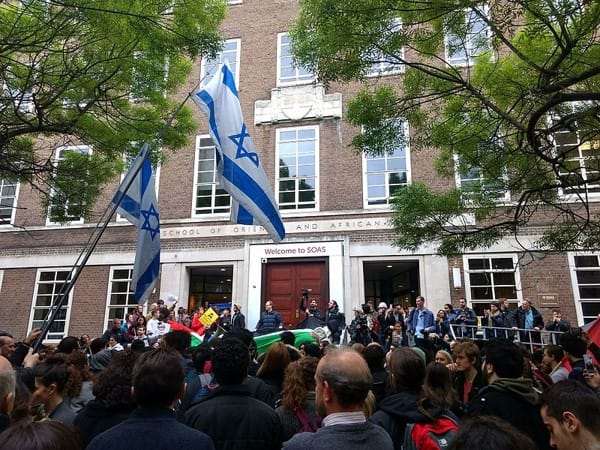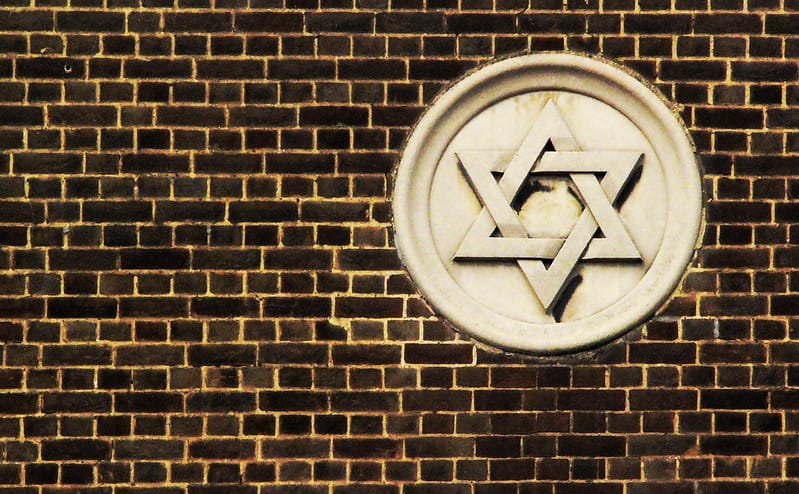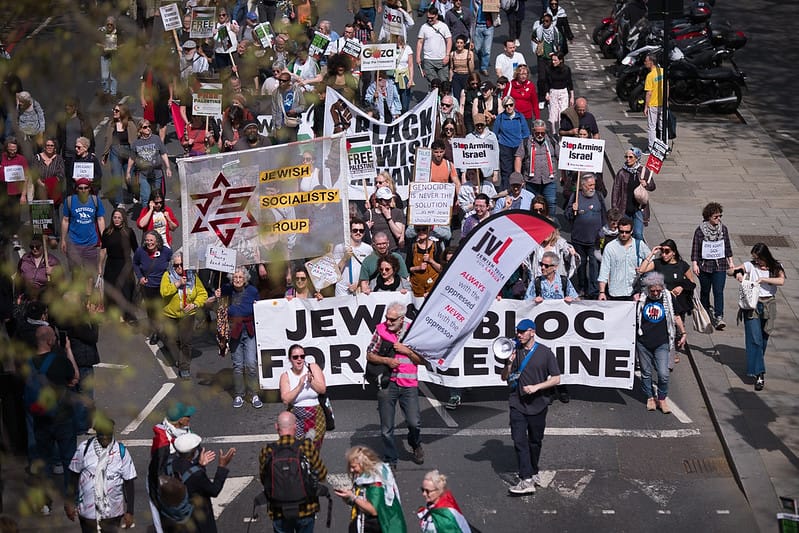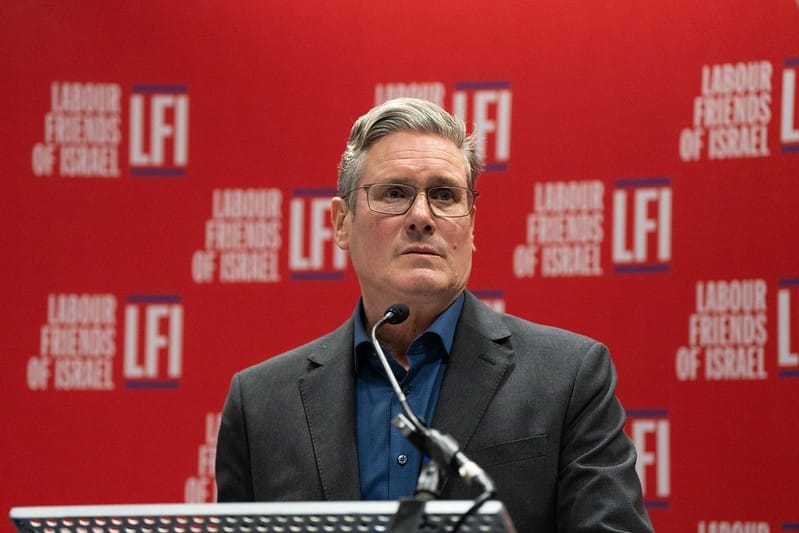Leading British academics and Israeli citizens call on universities to reject the IHRA definition of antisemitism
The 66 scholars join a broadening coalition of left-to-moderate Jews across the world who oppose the controversial definition.

66 British academics and Israeli citizens, including a number of world-leading experts on racism, Israel and Palestine, have published an open letter in Vashti calling on senates across England to reject or revoke the International Holocaust Remembrance Alliance (IHRA) Working Definition of Antisemitism.
The call comes after education secretary Gavin Williamson wrote in October to English university senates, ordering them to adopt the definition, and threatening funding cuts if they refused.
The letter’s signatories – among them Israeli historians Avi Shlaim and Ilan Pappé, Israel-Palestine expert Moshe Behar, architect Eyal Weizman and linguist Hagit Borer – write that the definition not only “undermine[s] th[e] fight” against antisemitism, but “threatens free speech and academic freedom”, “constitutes an attack on the Palestinian right to self-determination” and hinders “the struggle to democratise Israel.”
The signatories join a broadening coalition of Jews worldwide who oppose the controversial definition. In the UK, this includes hundreds of students; David Feldman, director of the Pears Institute for the Study of Antisemitism; Antony Lerman, former Director of the Institute for Jewish Policy Research; Independent Jewish Voices; Jewish Voice for Labour; and leading Jewish legal scholars Sir Stephen Sedley and Sir Geoffrey Bindman QC.
In the US, it includes the US Reform Movement, America’s largest Jewish denomination; prominent Liberal Zionist groups J Street, the New Israel Fund and Americans for Peace Now; social justice organisation Bend the Arc; anti-occupation movements IfNotNow and Jewish Voice for Peace; and the definition’s own author, Kenneth Stern.
A more complete list of criticisms of the definition can be found here.
The 66 signatories state that their perspective is “deeply informed by the multiple genocides of modern times, in particular the Holocaust, in which many of us lost family members. The lesson we are determined to draw from history is of a committed struggle against all forms of racism.”
The letter challenges some of the more contentious of the definition’s illustrative examples of antisemitism, including alleging that “the existence of a State of Israel is a racist endeavour”, and requiring of Israel “behaviour not expected or demanded of any other democratic nation”.
The letter comes after scholars at University College London concluded in December after a year-long study of the IHRA – the most in-depth of its kind, and involving consultation with eminent lawyers including Philippe Sands and Sir Geoffrey Bindman, as well as antisemitism expert and Vashti contributor Brian Klug – that the university should rescind its 2019 decision to adopt the definition.
It also follows a similar letter by Palestinian and Arab scholars, 122 of whom recently wrote to the Guardian expressing their opposition to the IHRA. Their letter concluded: “We believe that human values and rights are indivisible and that the fight against antisemitism should go hand in hand with the struggle on behalf of all oppressed peoples and groups for dignity, equality and emancipation.” ▼
Author

This article was produced by the editorial collective at Vashti.
Sign up for The Pickle and New, From Vashti.
Stay up to date with Vashti.



